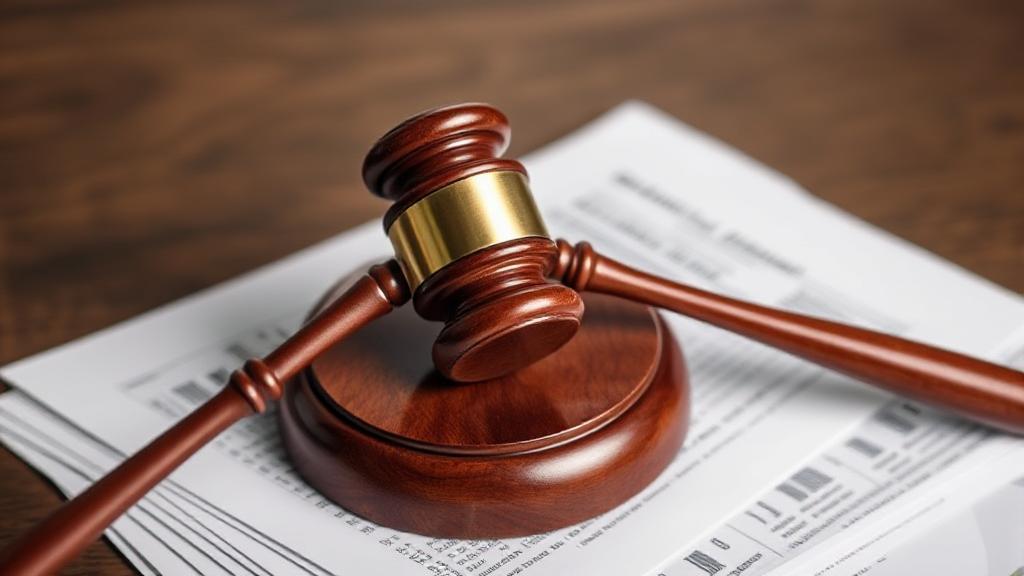What is Bankruptcy?
Bankruptcy is a legal process designed to help individuals or businesses that are unable to repay their outstanding debts. It provides a fresh start by either eliminating debts or creating a repayment plan. The process is governed by federal law and is handled in federal courts. According to the American Bankruptcy Institute, bankruptcy filings have been on the rise in recent years, with over 750,000 individuals and businesses filing for bankruptcy in 2020 alone.
Types of Bankruptcy
Chapter 7 Bankruptcy
Also known as "liquidation bankruptcy," Chapter 7 involves the sale of a debtor's non-exempt assets by a trustee. The proceeds are then used to pay off creditors.
- Eligibility: Must pass the means test, which compares your income to the median income in your state
- Process Duration: Typically 3-6 months
Chapter 13 Bankruptcy
Known as "wage earner's bankruptcy," Chapter 13 allows individuals with a regular income to develop a plan to repay all or part of their debts over three to five years.
- Eligibility: Must have regular income and unsecured debts less than $419,275 and secured debts less than $1,257,850
- Process Duration: 3-5 years
Pre-Filing Requirements
Credit Counseling
Before filing, you must complete a credit counseling course from an approved provider within 180 days before filing. The U.S. Department of Justice maintains a list of approved counseling agencies.
Document Gathering
You'll need to collect:
- Tax returns for the past 2-4 years
- Pay stubs from the last 6 months
- Bank statements
- Property deeds
- Vehicle titles
- Credit card statements
- Collection notices
The Bankruptcy Process
- Complete bankruptcy forms
- Pay filing fees or request a fee waiver
- Submit forms to bankruptcy court
- Attend the creditors' meeting (341 meeting)
- Complete debtor education course
Automatic Stay
Once you file, an "automatic stay" goes into effect immediately. This halts most collection activities, including:
- Making collection calls
- Filing lawsuits
- Garnishing wages
- Foreclosing on property
Property Exemptions
"Exemptions allow you to protect certain assets from creditors, but they vary by state." - American Bankruptcy Institute
Common exemptions include:
- Homestead (primary residence)
- Personal property
- Retirement accounts
- Tools of trade
- Motor vehicles (up to certain value)
Consequences and Credit Impact
Bankruptcy can have significant consequences:
- Remains on credit report for up to 10 years (Chapter 7) or 7 years (Chapter 13)
- Loss of property in Chapter 7
- Public record accessible by anyone
Rebuilding Credit
Steps to rebuild your credit include:
- Obtaining a secured credit card
- Making all payments on time
- Keeping credit utilization low
- Monitoring your credit report regularly
